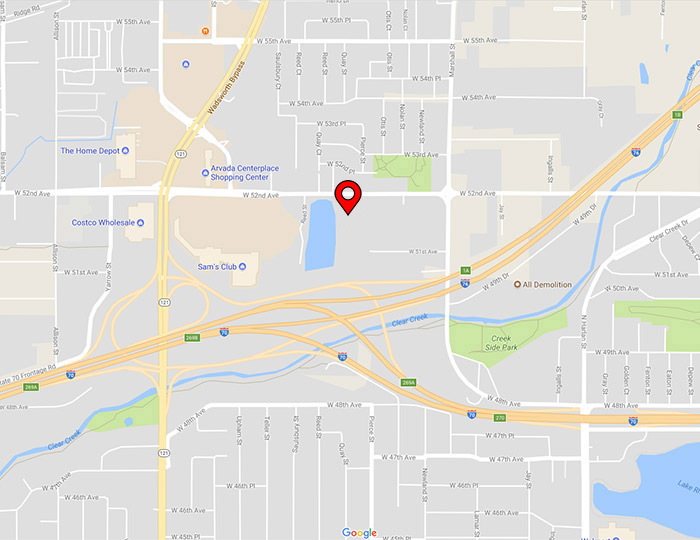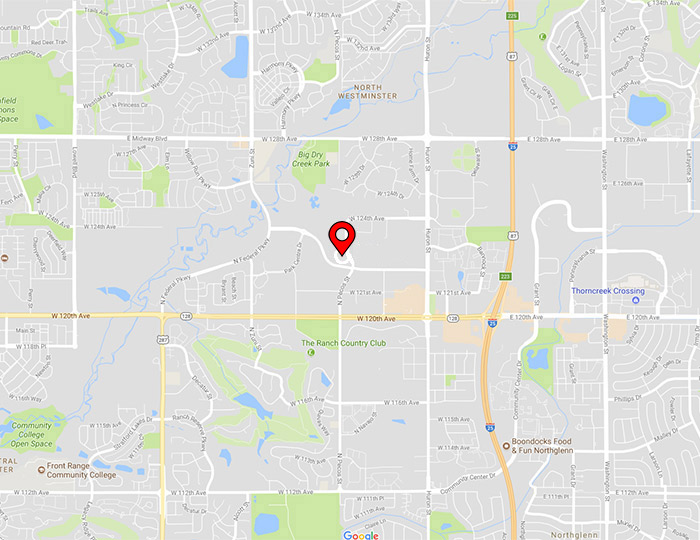Nasal obstructions are blockages of the nasal cavity that impede airflow in and out of the nose. Either one or both nostrils may be affected. Most nasal obstructions are temporary, caused by colds, allergies, sinus infections, or medications, while others require medical intervention.
Types of Nasal Obstruction
There are several different types of nasal obstruction. These include:
• Deviated nasal septum. The nasal septum is the wall-like structure that divides the left and right nostrils. A deviated septum refers to one that is crooked. This is hardly rare; it is estimated that 80 percent of people have septal deviations to some degree. Symptoms include difficulty breathing through the nose (especially one nostril) and a runny nose.
• Inferior turbinate hypertrophy. The nasal cavity contains bony structures called turbinates. These are susceptible to irritation from allergies and dust, which cause swelling and breathing difficulties.
• Choanal atresia. This is a congenital defect in which excess tissue in the nasal airway causes a partial or full blockage, resulting in difficulty breathing.
• Nasal polyps.
• Foreign objects in the nose.
• Oversized adenoids.
• Swelling of the nasal lining due to allergies.
Treating Nasal Obstructions
We will carefully examine your nose using a lighted scope and may use a CT scan or MRI in order to diagnose your nasal obstruction. The first step in treating nasal obstructions is getting the symptoms under control. Medications or nasal steroid sprays are often helpful in reducing inflammation of the nose and turbinates and providing immediate, short-term relief. An effective long-term solution may require surgery particularly if the issue involves a deviated septum, turbinates or nasal polyps. Newer surgical techniques include shrinking the turbinates by using radiofrequency energy or a small tissue-shaving device.
Call Mile High Otolaryngology at (303) 487-0834 for more information or to schedule an appointment.


